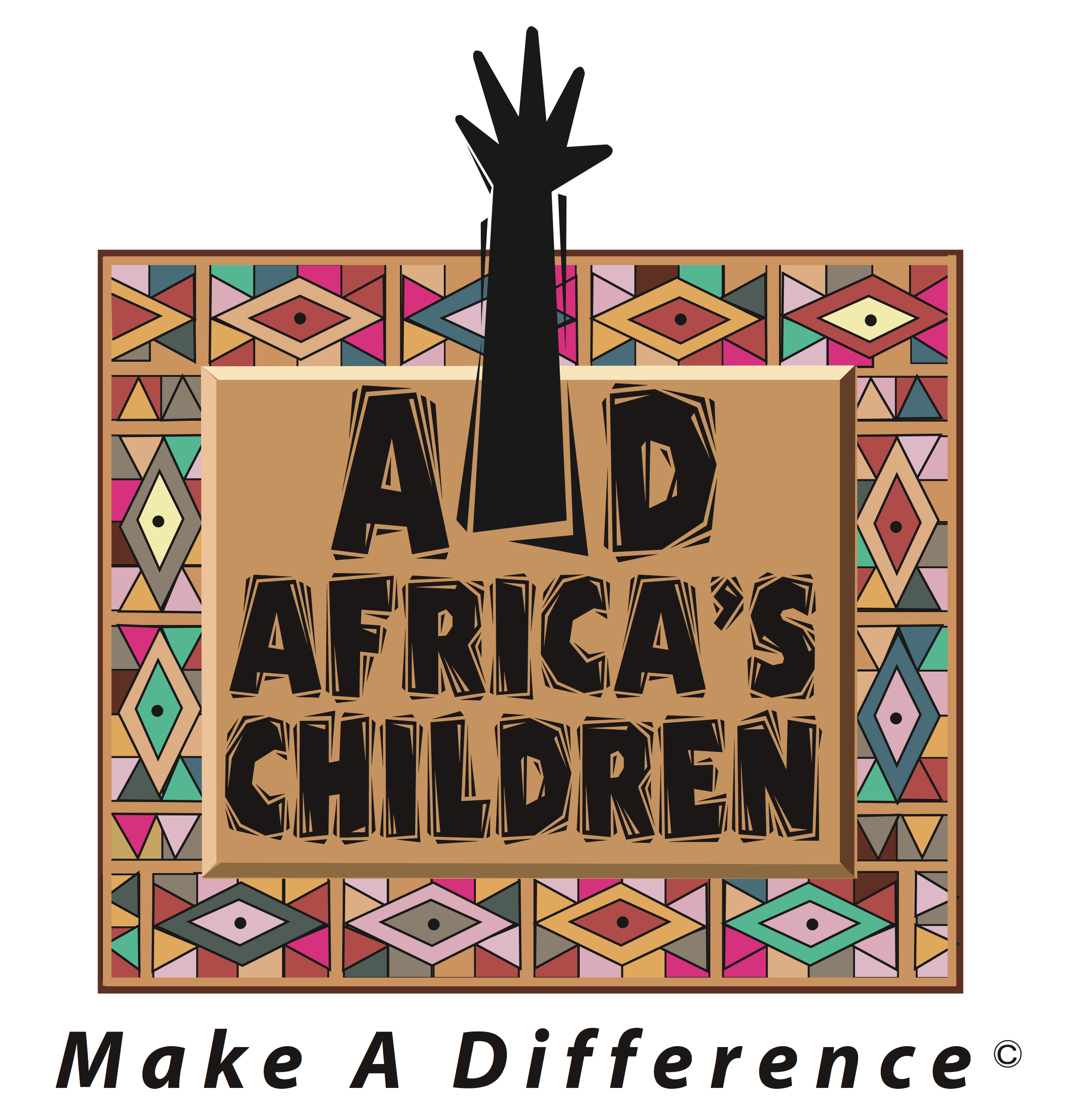Zambia School Creates Unexpected Benefits for the Community
Soccer is the most popular sport in Africa. Barefoot kids bundle plastic bags tightly with string because “real” soccer balls are rare. Imagine being a child in Africa and not being able to join the local soccer league because your school classes were taught under the trees and rocks. Prior to the construction of Kamisombo School, students were not allowed to participate in the local soccer league. In the summer of 2009, Kamisombo School doors opened and the principal promptly enrolled them into the soccer league. Excitement and anticipation in Matushi grew rapidly as the game day approached! The students had to walk 8 miles just to play their competitors at Munyambala Elementary School. They arrived at night and slept on the classroom floor.
The kids of Matushi were proud of their school. To finally have their own soccer team was a celebration in itself. All those years of not being able to play in the soccer league because they didn’t have a school with 4 walls, a door, and a roof would end today.
Student enrollment has increased from 119 to 350 students. Classes are taught in three shifts. Classes include reading, math, science, English and Zambia native language skills. The government sent two teachers to begin teaching classes. Today, there are six teachers at the school. The impact of the school has been tremendous and continues to evolve as villagers think of new uses for this building. The benefits of having a school with the safety and structure of four walls, a ceiling and a door has brought many surprising changes to the small remote village of Matushi that would not have been possible.
We have been able to secure thirty desks from the government. This can fit two students per desk which can accommodate sixty children. We have 140 school uniforms among 350 students. In Africa students wear uniforms to school. You don’t “need” a uniform to attend school but being different at this stage in life or being perceived as “the outsider” is noticeable. School supplies such as notebooks, and pencils are very limited. Teaching materials would be helpful, as well as chalkboards and chalk.
Baby weigh-in at the school.
The students were so excited to play that they pulled off an amazing victory that astounded everyone. The town of Matushi celebrated for three days, even the parents joined in! The students became local celebrities! This was not only about winning a soccer game, but a shout out to the world that the kids in Matushi finally had arrived with a school of there own!
As of March, 2017 student enrollment was now 400 students. Classes are taught in 3 shifts. The school teaches grades 1-7. Classes include literacy, math, science, English, social studies, CTS, and KiKaonde. Currently, there are 5 government teachers and 2 community teachers who receive donations from the community.
When the school opened, the government sent 30 desks. This can fit 2 students per desk which can accommodate 60 children. As of March, 2017, there is still a severe shortage of desks for students. Many students sit on the floor during class. School uniforms which are approximately $5-$6 are needed, but only about 140 students could afford the uniforms.
We get requests for school supplies. Notebooks, and pencils are very limited. Teaching materials are are in high demand. Requests for English workbooks, math workbooks, exercise sheets, text books, reading books for the class, flash cards, visual aids, chalk paper, erasers, pens, pencils, markers and spiral notebooks are on their wish list.
In many ways, the Kamisombo School that Aid Africa’s Children built has become the hearth of the community, as villagers continually find new usages for their school. The school has positively impacted the surrounding communities of Matushi in the areas of: politics, health, education, social welfare, increased well-being and sense of community.
The school now holds weekly town hall meetings with tribal chiefs and villagers. As of 2017, the school started their first PTA meetings Presidential candidates now deem Matushi worthy of a stop on their campaign trail. The school has is also a designated polling location during elections. When the school opened, adults asked to be taught to read. Adult reading classes
became very popular! The school is now a center for immunizations shots and for rural health clinic stops to check the welfare and vitals of newborns and their mothers. Matushi had never received healthcare services from the government before. Even on Sundays, 2 churches use the school for their services. One man even brought his TV, a solar panel and batteries to play movies.
The Zambian government has recognized the positive impact of the school on the community. Recently, they built an addition for the original school to accommodate overcrowding.
By working with the community leaders in fulfilling goals they set, the entire community is invested in the education of their children. This has encouraged them to work with us to build a progressive high school to further the goals of the community and enhance the future of their children.





